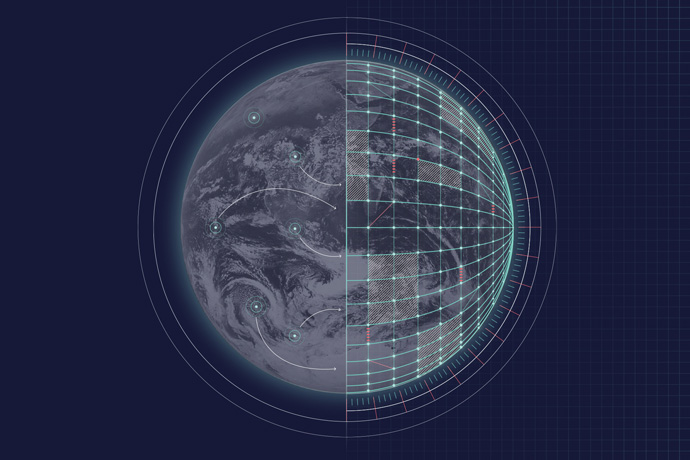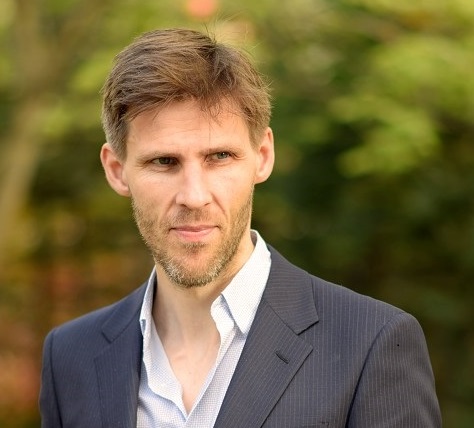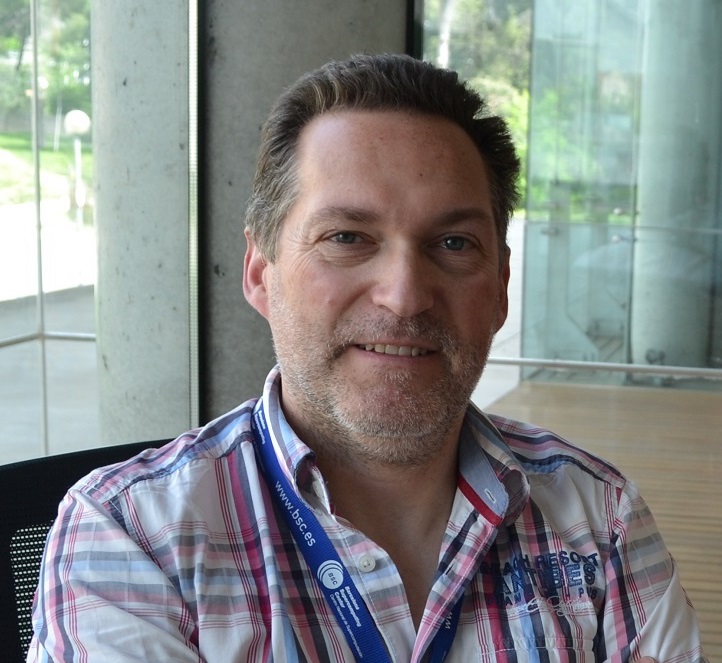
Host
Peter Bauer (ECMWF)
Speakers
 Jørn Kristiansen (MetNo)
Jørn Kristiansen (MetNo)
Dr. Jørn Kristiansen holds a PhD in meteorology from the University in Oslo. Since 2005 he has worked at the Norwegian Meteorological Institute (MET Norway). First as a research scientist in numerical weather prediction (NWP). In 2010 he became the leader of Yr – the world’s fifth biggest online weather service. Yr is a collaboration between MET Norway and the Norwegian Broadcasting Company (NRK). Dr. Kristiansen was integral in establishing postprocessing of the NWP data for more localized, accurate and user-centric weather forecasts. Between 2011 and 2015 he was head of the NWP division of the R&D department. He contributed to the notable achievement of establishing the unique collaboration between Finland, Norway and Sweden on an operational high-resolution ensemble prediction system for more reliable weather forecasts. As Director for the Development Centre for Weather Forecasting, he has since 2016 pushed NWP to Science for Services, organizing and leading the complete automated information chain for weather forecasting, from observations to end-users and open data, and from research to operations. Dr. Kristiansen has several national and international duties, including member of the WMO Polar Prediction Project steering group. A recent interest interdisciplinary research and end-user focused co-production that is crucial to significantly advance the provision of forecasts and their uncertainties.
 Francisco Doblas-Reyes (BSC)
Francisco Doblas-Reyes (BSC)
Francisco Javier Doblas-Reyes is an ICREA research professor and Director of the Earth Sciences Department at Barcelona Supercomputing Center-Centro Nacional de Supercomputación (BSC-CNS). The Department hosts more than 100 engineers, physicists, mathematicians and social scientists who use the latest advances in supercomputing and data analysis to develop the best information and services in climate and air quality. He is author of more than 190 peer-reviewed papers, member of a number of panels of the World Meteorological Organization, lead author of the Fifth Assessment Report of the Intergovernmental Panel on Climate Change, and coordinating lead author of the Sixth Assessment Report that will be published in a few months.
Background
The European Union (EU) plans to be climate neutral by 2050. For its green transition, the EU plans to fund the development of digital twins of the Earth. For these twins to be more than big data atlases, they must create a qualitatively new Earth system simulation and observation capability using a methodological framework responsible for exceptional advances in numerical weather prediction.
Seminar description
This seminar is part of our Science and Technology Seminar Series. Within this series there will be a set of talks that will focus on the development of digital twins in the context of the EU Destination Earth initiative. This third talk in that set focused on how such European actions can support and enhance national activities.
Jørn Kristiansen from Met Norway spoke of the need for National Meteorological and Hydrological Services to constantly identify new areas of investigation and new directions for interdisciplinary and joint research, including mathematical tools and computing science, making more of existing and emerging observations through modelling and data assimilation among areas covered.
Francisco Doblas-Reyes from the Barcelona Computing Centre looked at the way a scientific community can benefit from Destination Earth, in areas such as the need for computationally-efficient models to run many hindcasts with large ensembles, and the challenges of managing such workflows and data.
In the first talk, Peter Bauer presented an overview of the Digital Twins which are ECMWF's contribution to the Destination Earth initiative.
The second talk was given by representatives from EUMETSAT and ESA. Toni Tolker-Nielsen and Lothar Wolf provided an overview of their components of DestinE; Core Platform and Data Lake.